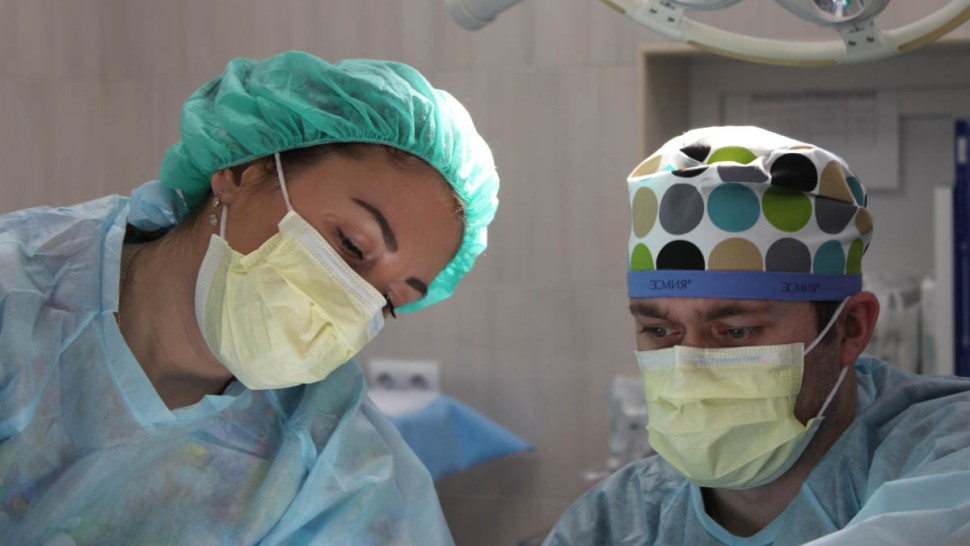Descriptive Analysis of International Bariatric Surgery Tourism Services: A Focus on Low-Cost Medical Tourism in Turkey
International bariatric surgery tourism has experienced significant growth in recent years. This article delves into the factors contributing to the growth, with a focus on low-cost medical tourism in Turkey.
It also provides a comprehensive examination of the advantages and disadvantages of bariatric surgery tourism and discusses the importance of patient safety and the role of accreditation and certification in enhancing healthcare quality. Finally, it highlights the potential implications for healthcare systems in countries where medical tourism is prevalent.
Bariatric surgery tourism, the act of traveling abroad to receive weight loss surgery, has become increasingly popular in recent years.
This is driven by various factors, such as high costs in domestic healthcare systems, long waiting times, and limited availability of specific treatments (Crooks et al., 2010) [1].
One country that has emerged as a major destination for low-cost bariatric surgery is Turkey. This article aims to analyze the factors contributing to the growth of international bariatric surgery tourism in Turkey, discuss the advantages and disadvantages, and explore the potential implications for healthcare systems.

Sommaire
- Factors Contributing to the Growth of Bariatric Surgery Tourism in Turkey
- Advantages and Disadvantages of Bariatric Surgery Tourism
- The Importance of Patient Safety and Accreditation
- Potential Implications for Healthcare Systems
- Additional Factors Contributing to the Growth of Bariatric Surgery Tourism in Turkey
- Assessing and Managing Risks in Bariatric Surgery Tourism
- The Role of Medical Tourism Facilitators
- The Role of Governments and Policymakers
- Addressing Legal and Ethical Issues in Bariatric Surgery Tourism
- Conclusion
- Sources



